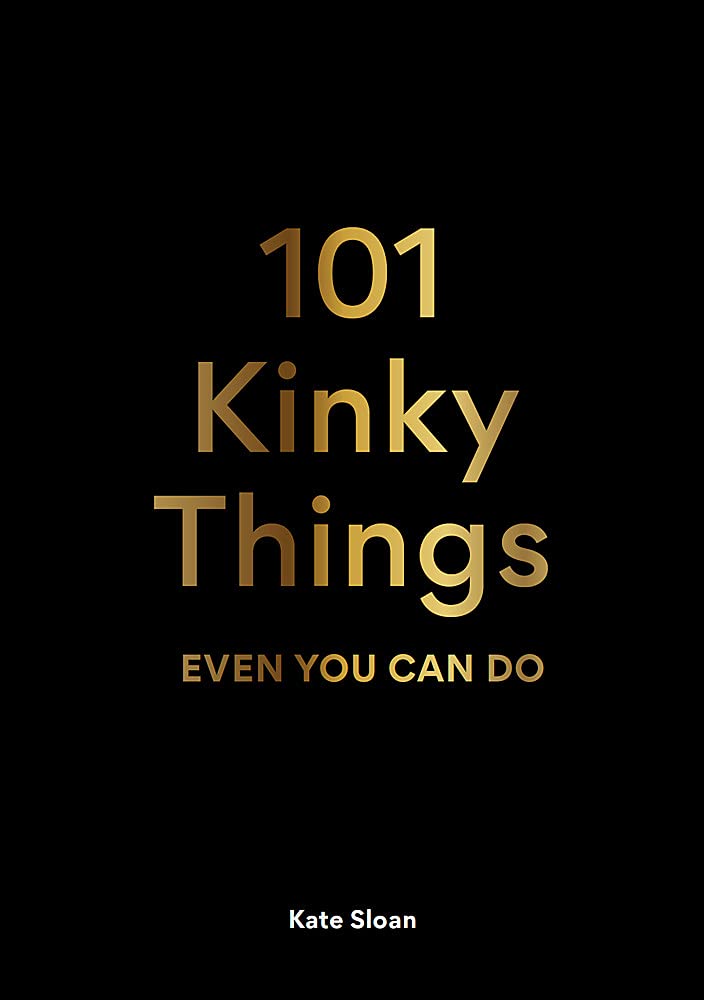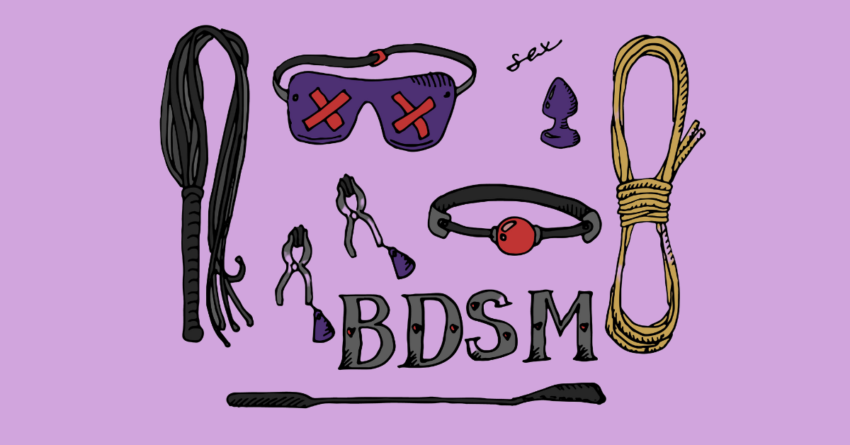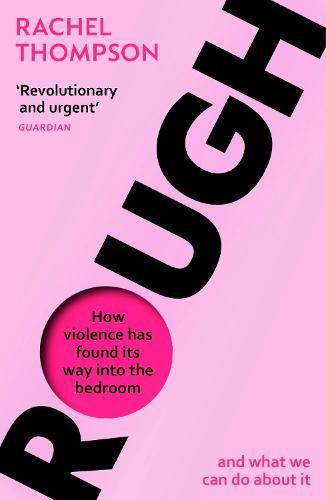In the decade since 50 Shades of Grey was released, BDSM has become a big part of mainstream conversations around sex. What was once unthinkable now almost seems mundane. On TikTok, the hashtag KinkTok has 12.9B views, with people talking about kink without shame. It’s undoubtedly a good thing that – the only problem is that neither short-form videos or romance novels necessarily show the full story.
Kate Sloan, a sex educator and the author of 101 Kinky Things Even You Can Do, thinks that “the more people who know about kink and BDSM, and what they are and how they can be done safely, the better.” It’s the second part that’s more challenging. BDSM might be more mainstream today, but information about how to engage in it safely is still far from accessible.
Earlier this year, the UK government announced a review into the sex education being taught in schools due to concerns about “inappropriate” content. Conservative MP Miriam Cates claimed in March that students were receiving “graphic lessons on oral sex, how to choke your partner safely, and 72 genders.”
Kink acts like choking can be dangerous, or even life threatening. Sloan says that choking “can lead to cardiac arrest and death if you’re not doing it properly – and even sometimes if you are doing it properly.” Sloan doubts that the purpose of any sex ed lesson would be to teach students how to choke their partners safely. In her opinion, it’s more likely that the topic came up due to the normalisation of choking as a ‘standard’ part of sex.
With the mainstreaming of kink, Sloan says that “the pendulum has swung so far that kinky sex or rough sex are sort of seen as cool and for some people the default.” This leads to people assuming their partner will be into kink acts like choking, meaning they don’t think they need to check in for consent.
23-year-old Em was choked during sex because their partner had seen it in porn and thought it might be hot. They didn’t hate it, but as their partner hadn’t talked to them about it beforehand, they were more concerned about being able to breathe than enjoying sex or figuring out if they were into it. Em felt like they couldn’t complain to their partner: “I was very new to sex at the time, so I also wondered if it was a very normal thing that I ‘ought to’ enjoy.”
While the steps we have taken towards a society where people are no longer shamed for the sex they enjoy are positive, Sloan thinks that the pressure to be seen as sex positive can contribute to people not feeling like they speak up when something is happening to them that they don’t want to be happening. She says: “It’s really important that we emphasise […] that being sex positive is really about building the sex life that you want for yourself. Whether that’s no sex, whether that’s vanilla sex, whether that’s super kinky sex.”
Betty, who is 29 years old, has had similar experiences with previous partners who would choke her during sex. She felt pressure to be up for this, and other kink acts, because her partners viewed them as part of “normal” sex: “I’d let it happen, explain my discomfort after and ask it not happen again, and then it would happen again or there would be moves towards it happening again where my boundary was not being respected.”
Em and Betty experienced is not consensual kink but sexual violence. Sloan thinks that it is a lack of kink education that is responsible for the lack of consent in these situations. Without accessible information about how to safely engage in kink, she says that “people mostly turn to porn and online resources like what you’d find on TikTok or Twitter to learn about these things.”
The solution to the rise in non-consensual choking isn’t shutting down conversations about kinky sex, it’s giving people the communication and negotiation tools that they need to do these things in a risk-aware way. Sloan says: “I do hear a lot more people talking about the idea of a safe word, but I would love to hear more people talking about the idea of a 1 to 10 sensation scale as a communication tool, as well as aftercare.”
It is dangerous to assume that you have your partner’s consent for any kink act that you haven’t discussed with them. Explicit consent is a foundation of engaging in kink safely – it is part of what differentiates BDSM from abuse. While we may have normalised kinky sex and choking, it’s long past time to make sure the education about how to engage in them as safely as possible is just as mainstream.
Further reading on kink and sexual violence:

101 Kinky Things Even You Can Do by Kate Sloan.


